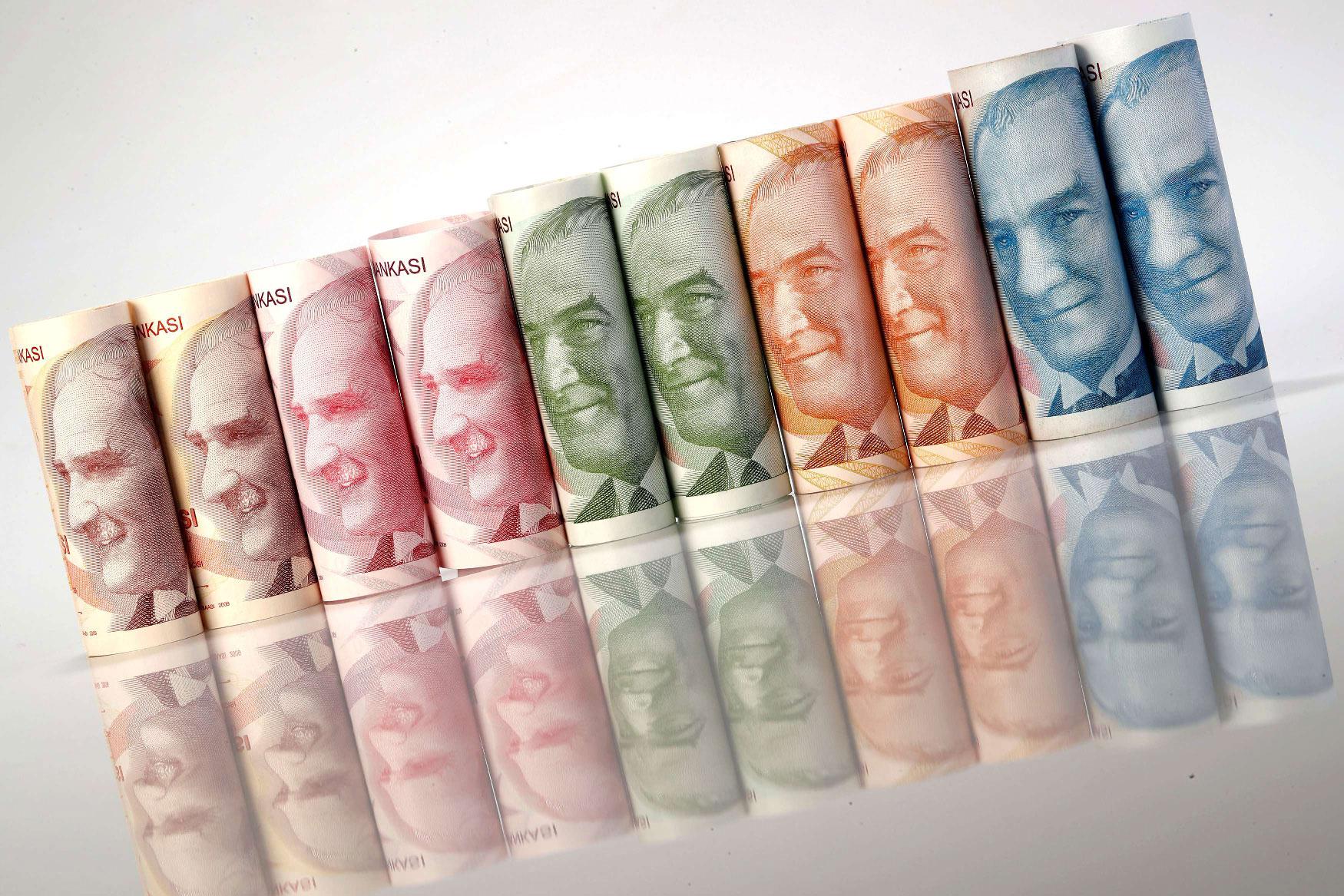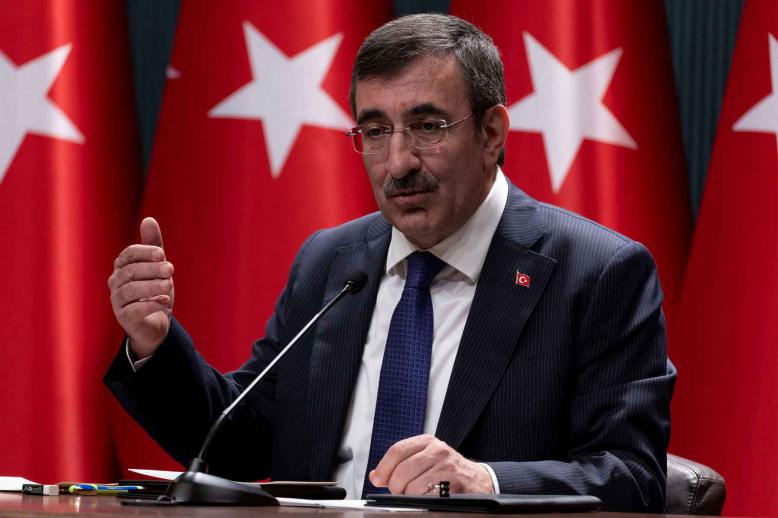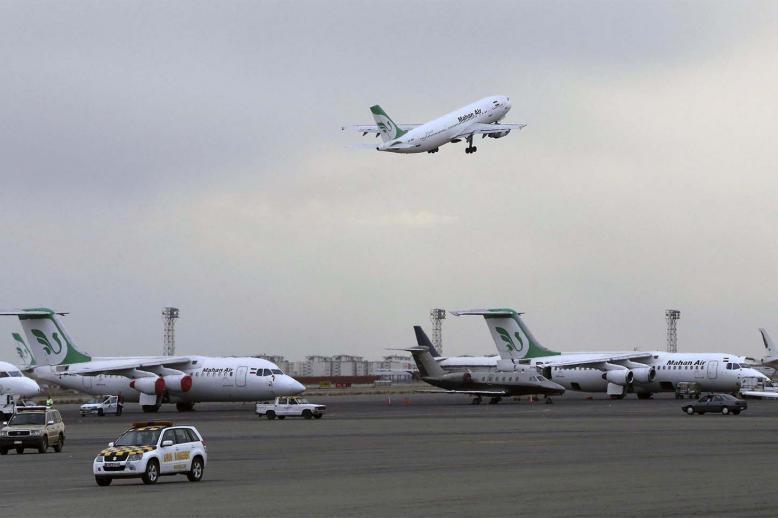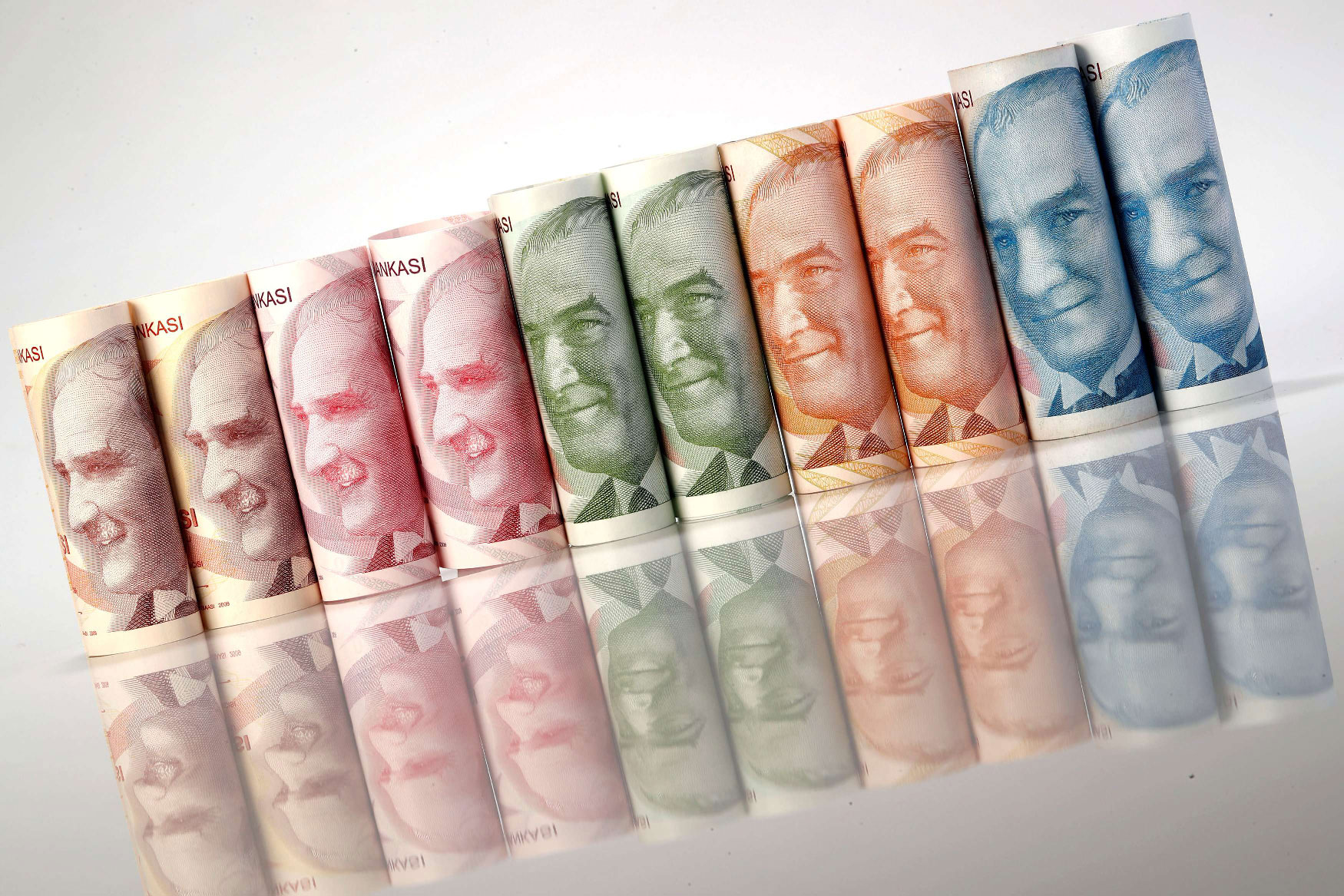Turkish voters could pay a heavy price for Erdoganomics
BARCELONA - Turkish President Recep Tayyip Erdogan’s decision to bring forward presidential and parliamentary elections to June suggests that many storms are gathering ahead of November next year when the elections were due. Wrong-footing a divided opposition was obviously the key reason for this attempt to consolidate the unbridled power that is not quite within his reach yet but which 12 victories at the polls since 2002 have helped make possible.
Delivering economic benefits to ordinary Turks probably wins the president’s Justice and Development Party (AKP) more votes than its ultra-nationalist ideology. In recent months, however, strong pump-priming has badly overheated the economy, worsened the current account deficit, seen inflation soar and the lira slide. Turkey depends on cheap foreign credit that is getting ever more scarce and its leading companies are heavily indebted in dollars that are becoming more expensive by the day.
Last April, Erdogan barely won a majority on his constitutional powers and with methods that would not pass the acid test of democracy if used in Europe. The AKP lost its majority in June 2015 though it regained it in a rerun in November that year after conflict reignited between Ankara and Turkey’s Kurdish minority. The AKP is running scared and has not forgotten that it lost 13 of the 20 cities that together amount to two-thirds of the country’s economy. Despite ruthlessly purging the party from the executive to municipal level, the former mayor of Istanbul knows he cannot win countrywide if he loses the likes of Istanbul and Izmir and their youth votes.
The recent appreciation of the US dollar has seen the market target currencies of countries whose macroeconomic vulnerabilities are most acute. Turkey has been especially vulnerable given its large current account deficit, its high levels of foreign currency debt and its reliance on imported oil. But it’s Erdogan’s stated intention to further centralise power and intervene in monetary policy that is concerning seasoned economic and financial observers. Erdogan already enjoys more power than any head of state since the founder of modern Turkey, Mustafa Kemal Ataturk, but his wish to intervene more directly to support the Turkish lira has raised eyebrows among those who have a stake in the country’s economy.
Erdogan harbours a deep antagonism towards high-interest rates, taking the unconventional view that they cause rather than curb inflation. Last week, he warned that they were “the mother and father of all evil,” thus fuelling concern that he would not allow the central bank the freedom to raise rates. His three-day visit to London was not reassuring for the city, as Erdogan told Bloomberg that cutting interest rates would lower inflation. “The lower the interest rate is, the lower the inflation will be,” he said, adding that “the moment we take it down to a low level, what will happen to the cost of inputs? That will go down…You will be able to get the opportunity to sell your products at much lower prices…The matter is as simple as that.”
Nothing is so sure as King Canute discovered that he could not command the sea a thousand years ago. If Erdogan thinks he can prevail over market forces, a banker well versed in Turkish affairs claims, “he is going to get his feet seriously wet.” Erdogan argues that “when the people fall into difficulties because of monetary policies… they’ll hold the president accountable… Since they’ll hold the president accountable, we have to give off the image of a president who’s influential on monetary policies.” These words were spoken after the lira lost 15% of its value in the past three months and plunged to its lowest level against the dollar as a result. Lambasting “illegitimate money brokers” will bring Erdogan little cheer but if he thinks he can command market forces, many bankers believe he is in for a surprise.
Erdoganomics could be plausible if the Turkish head of state could count on one of the factors that fuelled the country’s economic miracle when it was what some observers call a Muslim haven of security. Oceans of money flowed in, from Gulf states in particular. Gulf money, however, is not as fond of Turkey as before. Erdogan’s support for former Egyptian President Muhammad Morsi and Qatar has soured relations with most countries in the Arabian Peninsula.
Erdogan has also embarked on expensive military games that require expensive toys. His forays into Syria, in particular, are proving expensive and he seems to be engaged in a de facto coalition with Iran and Russia.
Adding a further fiscal stimulus ahead of June’s election and stating that “we are not interested in Turkey’s enemies, who are hiding behind currency rate speculators, the interest rate lobby or credit rating agencies” is a rabble-rousing talk that may go down well on the campaign trail but plays out differently in international currency markets. We shall soon know whether Erdogan has successfully defied the laws of monetary gravity and can command the waves. If he fails, his electors will pay a heavy price for their leader’s hubris.
This article was originally published in The Arab Weekly.







